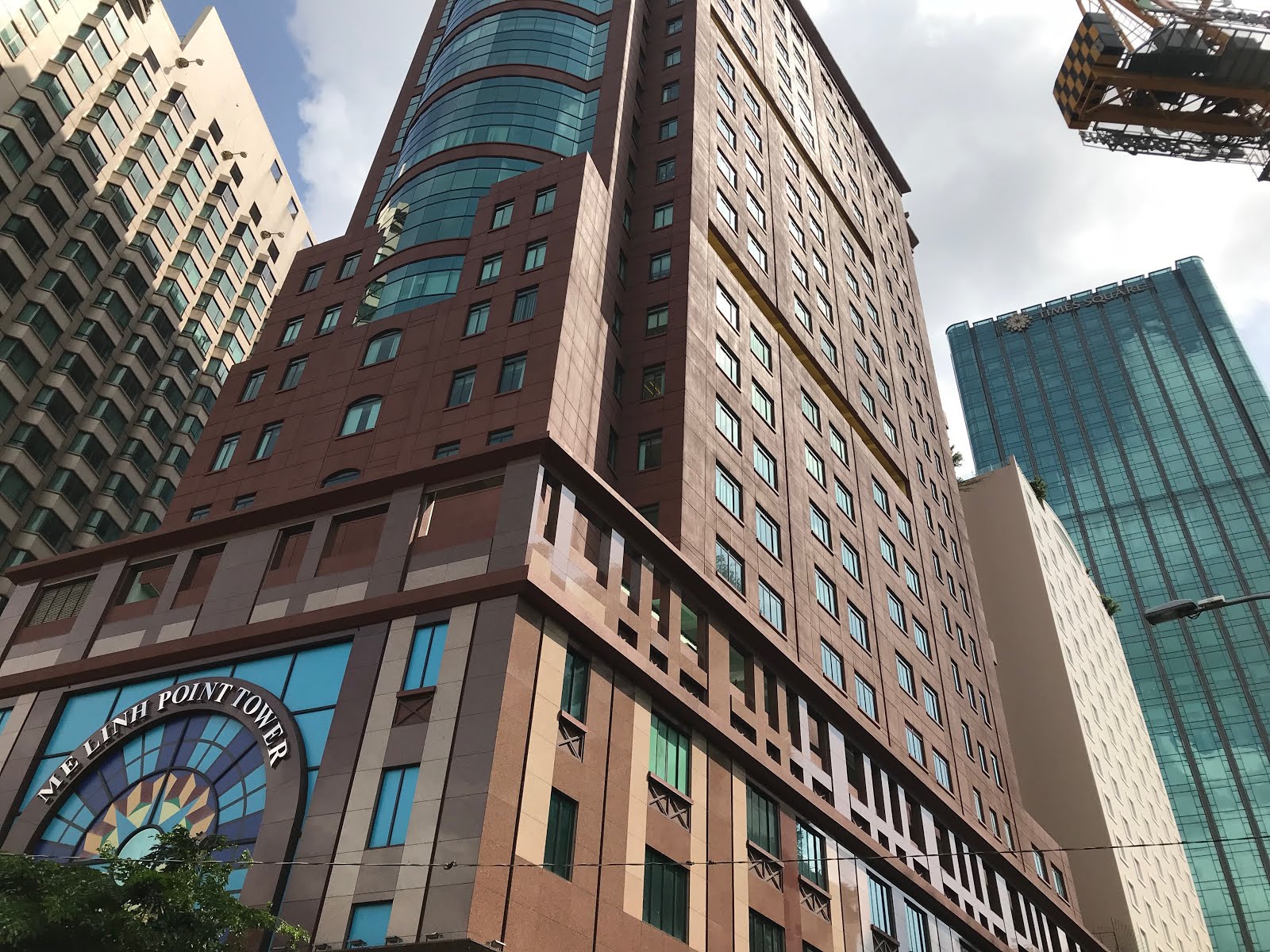Foreign investor could handle intellectual property disputes in Vietnam through negotiation and mediation, arbitration or litigation depending on various factors.
Intellectual property rights is the rights of organizations, individuals to the intellectual property, includingcopyrights and related rights, industrial property rights, including trademark, patent, and industrial design and rights to the plant varieties. Under Vietnam intellectual property law, owners are granted certain exclusive right to the intangible assets. Intellectual property infringement occurs whenever the rights of any type of intellectual property are violated. The intellectual property disputes arise directly from all types of intellectual property as mentioned or commercial transactions and extraction process regarding to types of intellectual property such as license agreement, intellectual property transferring agreement. Disputes could be settled by different methods, depending on the subjective wills of parties. The parties have right to choose any methods that they deem ideal to protect their interests.
Nowadays, international practice allows parties to choose one of two ways to settle their disputes, including dispute settlement mechanism without litigation (negotiation and mediation) and dispute settlement mechanism with litigation (civil litigation and arbitration). Typically, when disputes occur, parties often choose simplest methods before using other ones. The simplest methods are negotiation and mediation.
Negotiation is a procedure whereby parties work together and reach the solution by expressing their own point of views to the dispute. This method is used for small, non-complex disputes so that parties could be easy to reach a consensus about dispute settlement. Though this method is simple, it is hard for parties to shake their hands together and come to consensus. It is simply because each party always need advantages come to them. Besides, for example, if parties reach the consensus in settling dispute, there is no mechanism to ensure enforcement of dispute solution.
Mediation, different from negotiation, the participation of third party is requested by parties. However, the same thing between negotiation and mediation is that parties are sole those holding right to decide what solutions are applied to settle dispute. Despite the third party only act as intermediary, the mission of third party is really important. The third party helps to connect dispute parties and avoid stronger conflict between them. With experience and skills, they make opportunity for parties exchange information, help them express their standpoints, promote flexible solutions and suggest solution suitable for both of them. Of course, a methodswhich the third party proposes is solely recognized as a reference. In mediation, the information security is highly ensured. Parties are not forced to reveal any information that they want to keep as a secret. Besides, mediation helps parties minimize fees due to simple procedure. Moreover, mediation allows opportunity for parties to work together and reach settlement and typically, parties still keep their business relationship. Last but not least, parties can mediate in any period of dispute settling process. Mediation can be chosen as the first step to come to dispute settling process after each side’s endeavor.
After no result of both side’s endeavor, parties can choose one of the dispute settlement mechanism with litigation to settle dispute. Generally, the proceeding of civil litigation is more complex than the arbitration proceeding. In case one side needs a decision from court so as to end infringement, civil litigation is top priority. In the remaining case, arbitration is a choice with advantages. Arbitration is solely conducted when parties reach consensus that arbitration is a form of dispute resolution. Arbitration agreement must be a term of the core contract or an independent agreement.
Firstly, cost for arbitration is typically cheaper than traditional litigation. Attorney’s fees and expense are minimized in arbitration because arbitration is generally concluded in far less time than cases at court. Secondly, length of dispute settling time in arbitration is shorter than litigation in court because of simple procedure. Court cases generally require more counsel time and, thus, more expenses for preparation and trial than is needed in arbitration. Thirdly, settling dispute by arbitration is effective because of its flexibility. In arbitration, parties have right to choose form of arbitration (Ad hoc or permanent). Moreover, parties can schedule hearings and deadlines to meet their objectives and convenience. This flexibility allows parties save money, time and partially promote dispute settling process to be faster. Fourthly, arbitration is a secret proceeding. The decision is public, but the trial is close. This feature of arbitration is a big advantage for dispute involving trade secret or patent. Lastly, arbitration council’s decision is final. It means that contrary to decision of court, most of arbitration council’s decisions cannot be appealed. Chance for canceling arbitration’s decisions is not much, primarily because of basic mistakes about procedures.
Dispute settling method in arbitration is suitable for most of intellectual property disputes because this method meets the featured requirements of intellectual property dispute (multinational, information security, complexity). Mediation and arbitration can combine together in settling dispute. Firstly, dispute is settled by mediation. Then, in case if parties do not reach settlement in mediation, dispute will be settled by arbitration council. The advantage of this combination is that it promotes parties propose goodwill engagement in mediation and after that, will create more advantages for dispute resolution in arbitration.
To summarize, when facing a dispute relating to intellectual property right, foreign investor can handle out dispute through judging exactly about scale of dispute, financial capability, dispute settling time, level of information security because intellectual property is worthy assets that can impact development as well as existence of enterprises.















.jpg)
.jpg)
.jpg)
.jpg)
.jpg)
.jpg)
.jpg)
.jpg)
.jpg)

